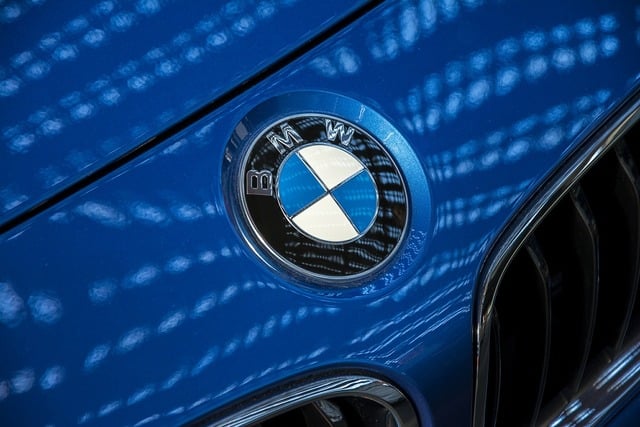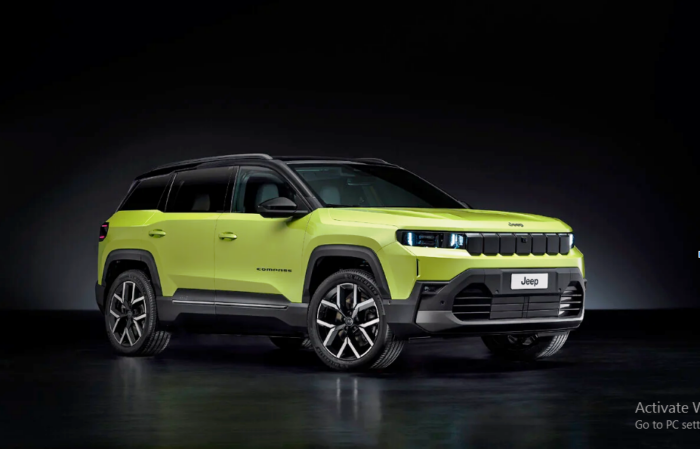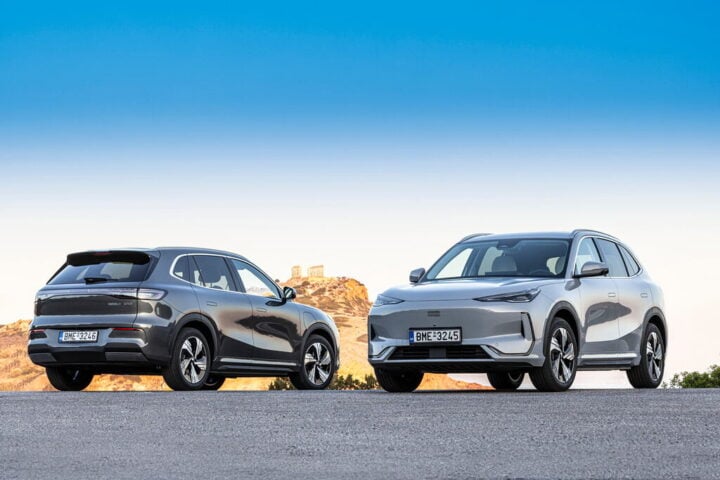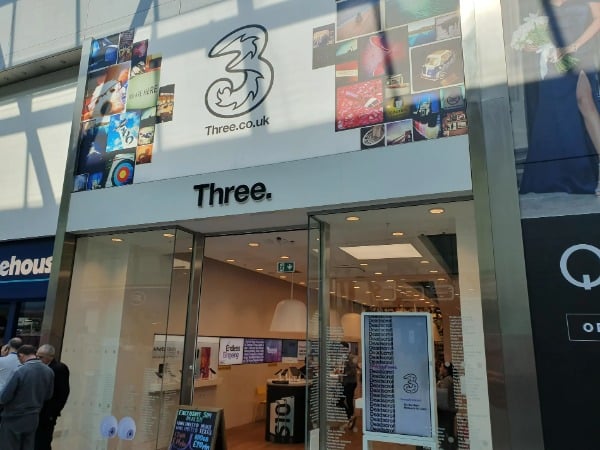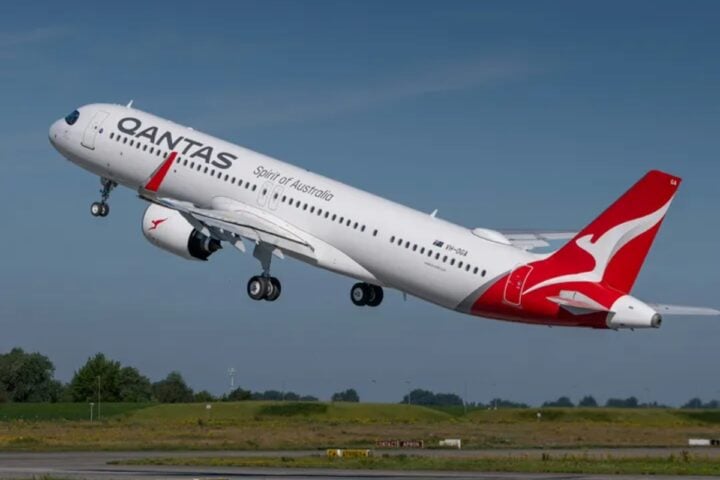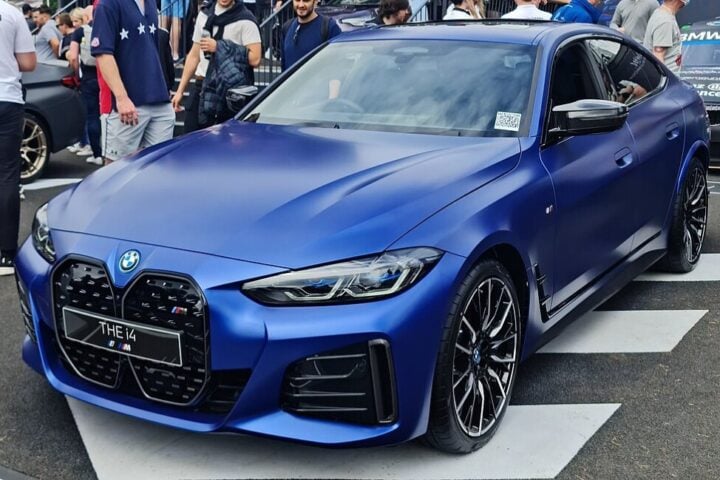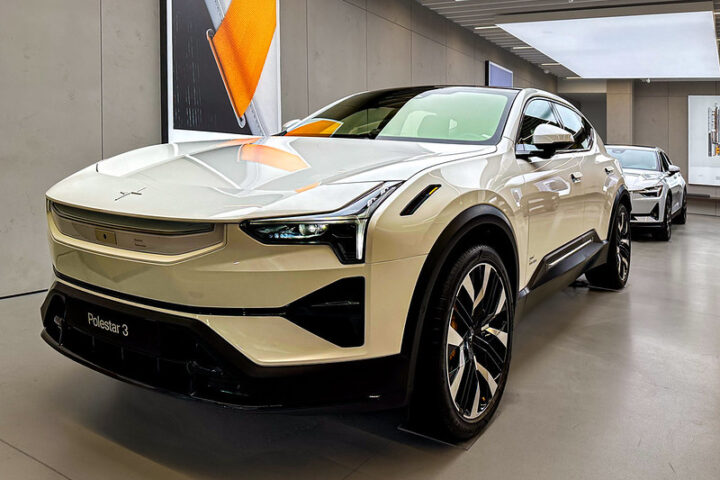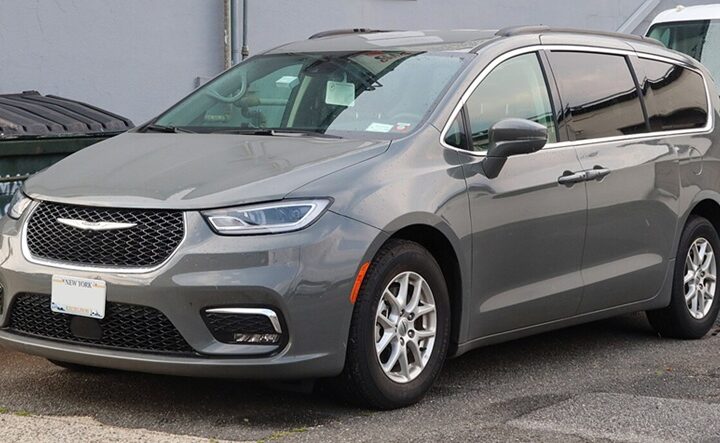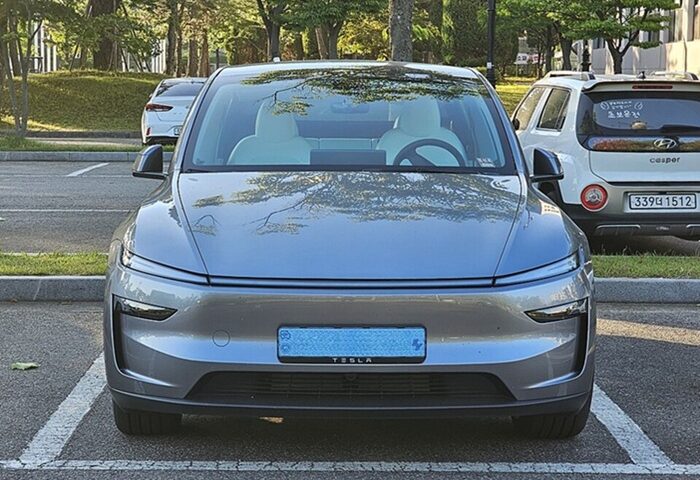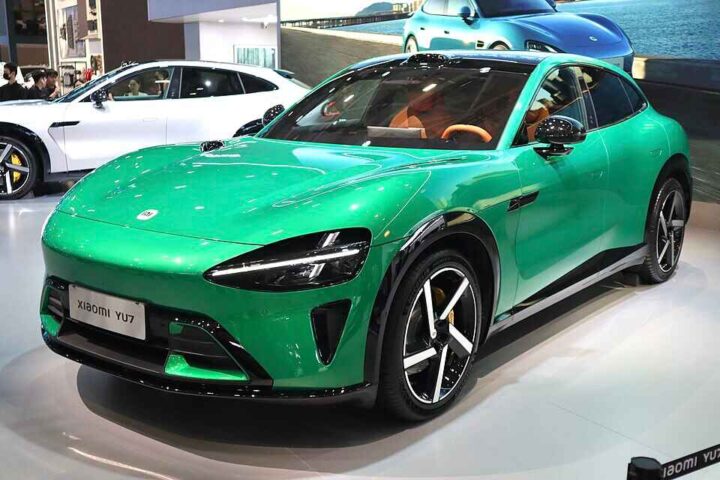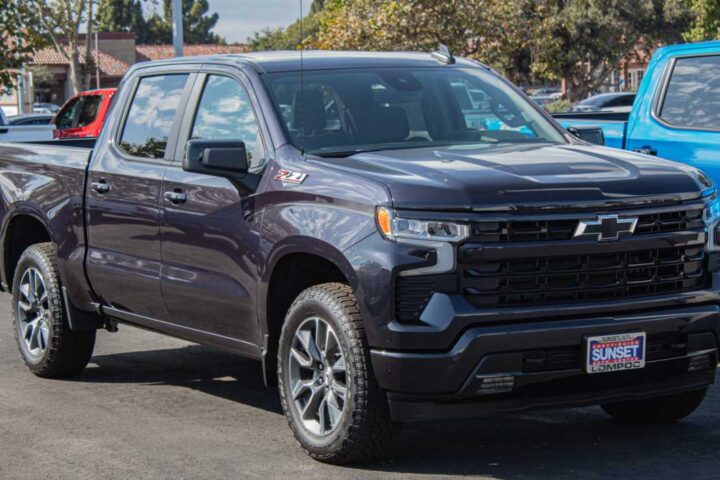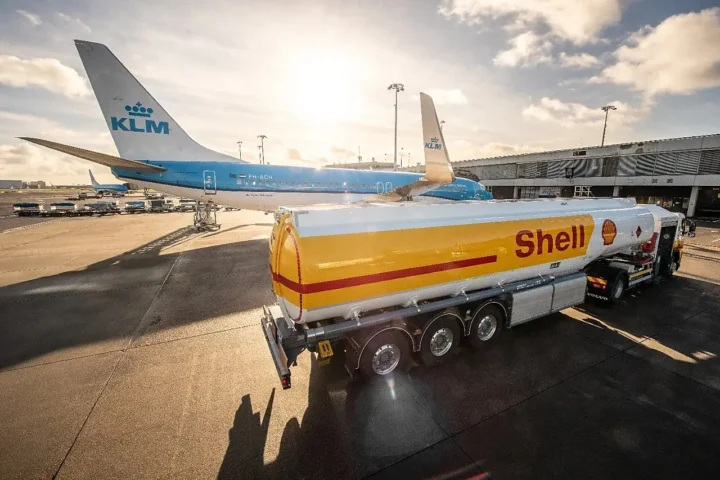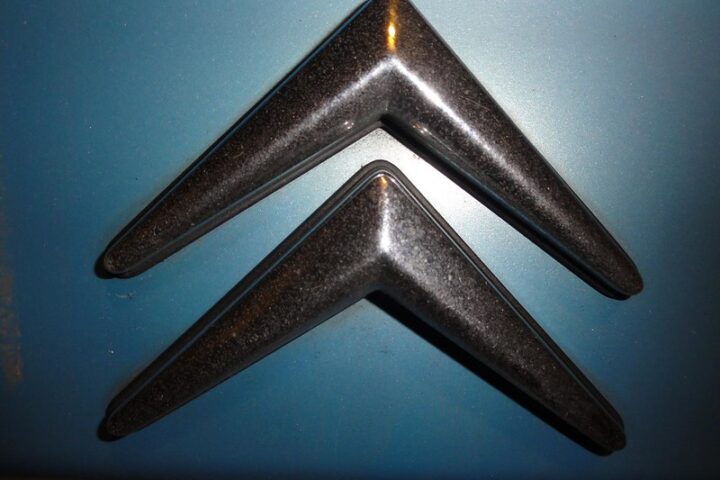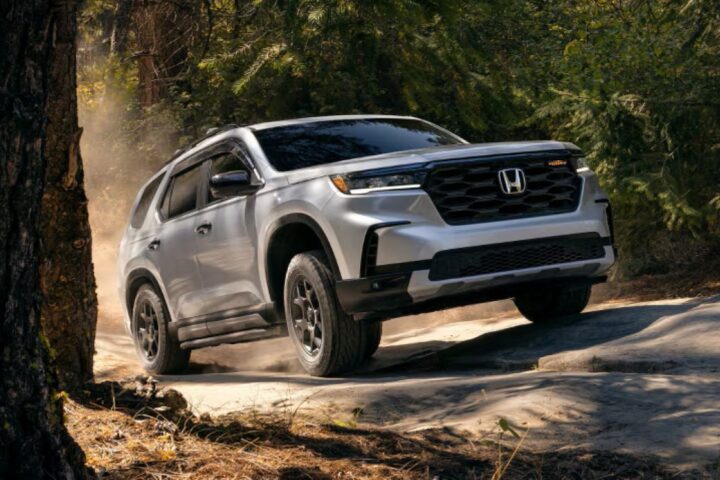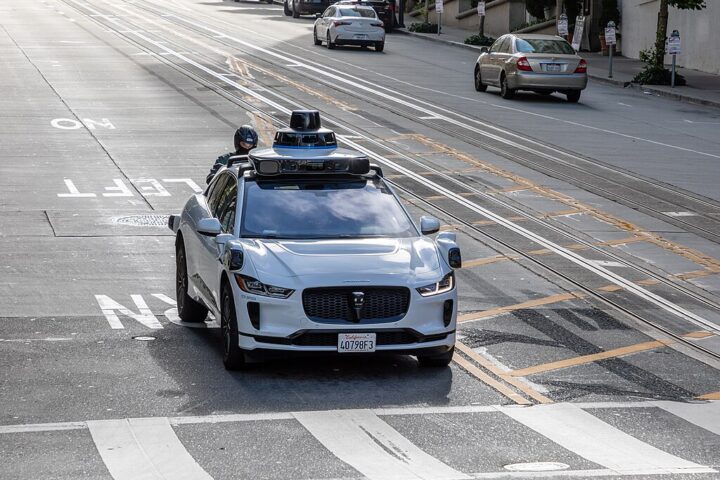BMW’s Chief Executive Oliver Zipse believes the 25% US tariffs on foreign-made cars will start rolling back in July 2025.
His optimism comes from ongoing talks happening behind the scenes in Washington.
“The negotiations are moving, developing and being negotiated everywhere,” Zipse said during BMW’s quarterly earnings announcement.
The German automaker reported profits of €3.1 billion for the first quarter of 2025 (BMW Group), down 25% from the same period last year. This drop includes about €100 million in costs from EU duties on Chinese-made electric cars.
Despite these challenges, BMW’s electric vehicle sales grew by 32% compared to last year (Investing.com). The company still expects to match its 2024 earnings and maintain an operating margin between 5–7%.
BMW’s CFO Walter Mertl warned of “notable” impacts from tariffs in the second quarter but remains confident about a turnaround later this year. The company’s strong manufacturing presence in Spartanburg, South Carolina has helped shield it from some tariff effects.
The 25% tariffs, imposed under Section 232 by the Trump administration in 2018, were based on “national security” grounds. A 90-day pause on these higher tariffs is set to expire in early July 2025.
For car buyers, these tariffs mean real money. A typical imported vehicle could cost $5,000–$10,000 more because of the 25% levy. Some carmakers have already passed these costs to consumers, with Ford adding up to $2,000 to prices of certain Mexico-built models.
Similar Posts
European Commission President Ursula von der Leyen has pushed for a “zero-for-zero” tariff deal with the US. She warned that unilateral tariffs “only hurt businesses and consumers” on both sides of the Atlantic.
If no solution is found, the EU stands ready to take “strong measures” in response, risking a back-and-forth trade battle that could harm manufacturers and buyers alike.
Under current trade rules (USMCA), vehicles and parts that meet North American origin requirements avoid these tariffs. This has pushed more production into the region, though some Mexico-built cars still face duties if they don’t meet specific thresholds.
Last month, the World Trade Organization ruled that these Section 232 tariffs break international trade rules. However, the Biden administration has rejected this finding and kept the tariffs in place.
BMW’s Spartanburg plant represents significant investment in American manufacturing. It supports 43,000 US jobs and contributes $26 billion annually to the economy.

Analysts remain divided on whether tariffs will actually drop in July. Citi analysts have questioned BMW’s optimistic sales outlook given weakness in the Chinese market, while AJ Bell’s Russ Mould praised BMW for maintaining steady guidance while competitors have withdrawn forecasts.
For now, both car manufacturers and consumers remain caught in the middle of complex trade policies that directly impact prices at dealerships across the country.
